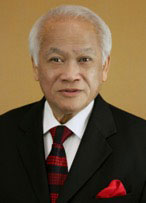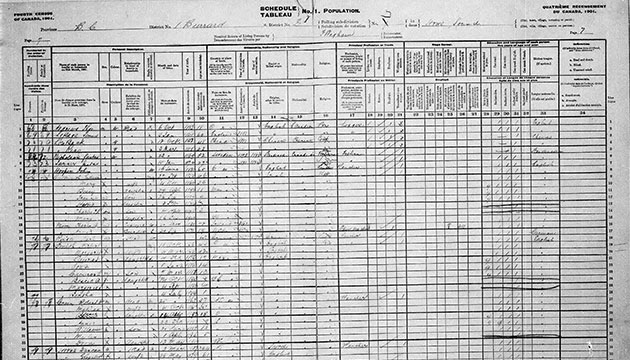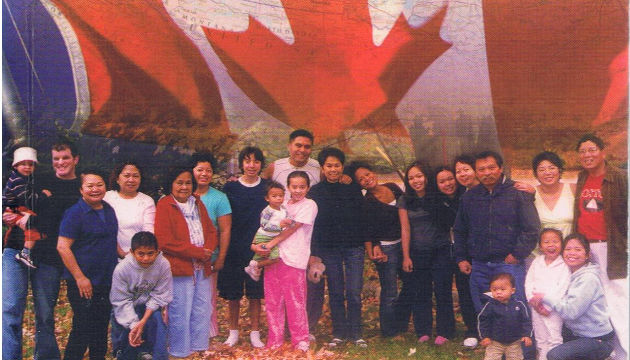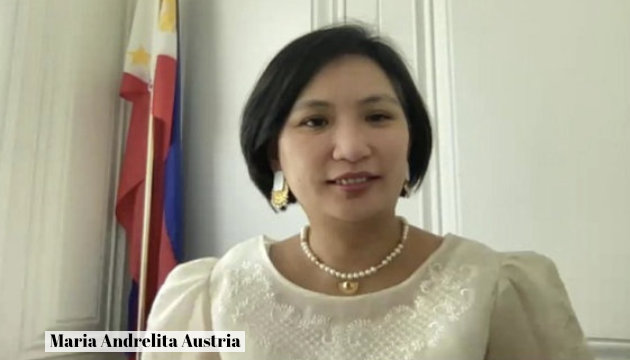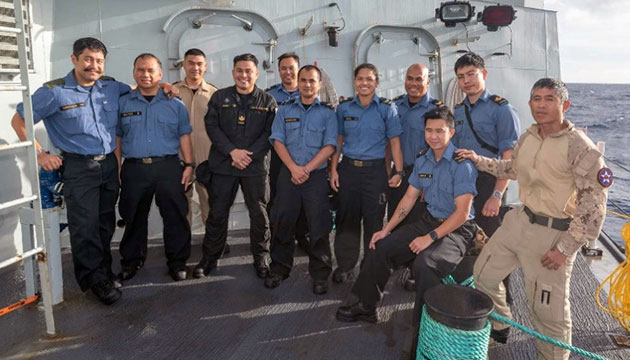[Ed’s Note: This is Part 2 of Dr. Rey Pagtakhan’s ongoing preview of CFNet’s forthcoming book, Indomitable Canadian Filipinos, edited by Eleanor R. Laquian. Dr. Pagtakhan is a retired physician, professor and parliamentarian and the author of several articles and chapters in medical journals and textbooks.]
Part-1 of this series previewed in the preceding issue the book’s purpose and scope and concluded with this paragraph:“It (the book) mirrors that broad Filipino-shared immigrant story of aspirations, sacrifices, triumphs, and the search for a better life. It reflects the arduous path travelled; the heritage and cultural values summoned to anchor one’s fortitude; the unyielding confidence and strong work ethic marshalled and applied; the indomitable spirit mustered to conquer adversity; and the rewards of success harvested at the end of an audacious journey.”
Part-2 in this current issue introduces readers to the book’s contents and chapters that were distilled from the hundreds of views, news and features witnessed and written in real-time on CanadianFilipino.Net (CFNet)from its inaugural issue in 2016 to 2022–the dominant source for the book’s contents. Segmented into eight sub-themes (Chapters 2 to 9)and presented in engaging prose and occasionally poetry, this annotated selection of CFNet materials together with new knowledge emerging from the ongoing research work of Dr. Leonora Angeles of the University of Columbia (Chapter 10)sufficiently helped inform the contemporary history of the fast-growing Canadian Filipino community as seen from a uniquely Filipino viewpoint of Canadian life.
Chapter 2 (Filipinos on the Move) sets the tone and elegantly treats the readers not only to the exponential growth of regular Filipino migration waves but also to the demographic and socioeconomic dynamics during its first six decades from 1950 to 2010, with the seventh decade from 2011 to 2022 dubbed as ‘A Decade of the Filipino Community Coming of Age.’
Chapter 3 (Our Philippine Heritage)highlights the twin realities that Canadian Filipinos ‘have integrated into Canadian life with ease’ while retaining the ‘positive elements of their Filipino culture and value system.’
Chapter 4 (When Success Meets Filipinos) profiles Canadian Filipinos who have distinguished themselves in their chosen fields to help inspire new migrants and younger generations. (CFNet has invited the achievers and the accomplished in the community to share their success stories and keep its roster continually updated. In fact, other outstanding Canadian Filipinos had earlier been profiled in the author’s (jointly with her husband Aprodicio) earlier book, Seeking a Better Life Abroad, alluded to in Part-1 of this series.)
Chapter 5 (The Best of Two Worlds) focuses on the “young generations grappling to define their identity as Filipinos growing up as Canadians.”Filled with amazing contents, let me quote from two:
Carissa Duenas in Two Lands, One Heart writes: “I am profoundly lucky. I have two homes. One holds my past, the other my present. Together, they have enriched my life.”Beautiful and imbued with optimism and great hopes. It eloquently portrays the collective sentiment of Canadian Filipinos.
Prod and Eleanor Laquian’s Young Filipinos Create Individual Identities reflects their confidence in the youth as the future: “Among Filipinos in Canada today, there are two distinct groups that will eventually become the face of Canadian Filipinos of the future: (1) Filipinos who arrived young in Canada with their immigrant parents and grew up here (1.5 generation), and (2) those who were born and raised in Canada by Filipino parents (second generation). Together, this demographic will define the roles that Filipinos will play in Canada’s diverse society of today. They are the true global citizens of the future.”
Chapter 6 (The Life-Upending COVID-19) speaks about the COVID-19 pandemic—how a virus unseen by the naked eye has brought havoc and upended life around the globe. The Canadian Filipino community can feel rightfully privileged by being at the forefront of dedicated public health service 1) as health care providers attending to the direct needs of citizens and 2) as regular providers of health information via the column Medisina at Politika published in this newsmagazine and Pilipino Express to keep the community and beyond continually informed(full text of all the articles may be accessed by visiting the CFNet and Pilipino Express websites).
Chapter 7 (Ageing in Canada) calls attention to the need for conversations not only about health concerns but also about practical, spiritual, and psychological aspects of ageing, including open intergenerational dialogue.
Chapter 8 (Earning Their Keep)assures readers that Canadian Filipinos arrive in the country “ready to serve in every aspect of life in Canada,” with hHHHH ard work, commitment to excellence and adaptability their standards for personal growth and participation in nation-building.
Chapter 9 (Issues to Pursue)reminds readers about some of the unfinished community agenda “close to a Canadian Filipino’s heart” such as the need for an orderly and fair process of accreditation of foreign-obtained professional credentials and trade skills and for a clear path to Canadian citizenship for temporary migrant workers.
Chapter 10(Filipinos in Canada as National, Transnational, and Global Citizens) is a look at emerging knowledge from Professor Angeles’ Social Sciences and Humanities Research Council research project, “Postnationalism and Canada-Philippine Bilateral Relations: Trends, Patterns, Limits, and Possibilities of Postnational Citizenship and Transnational Linkages for Development” – a natural link to this book.
Dr. Angeles delineates three forms of citizenship from the viewpoint of social science – namely, national, transnational, and postnational – and posits that differences in perspectives and citizenship focus “have implications for individual, community and international development.” She wants to know more about “the dynamism of Canadian Filipinos in navigating the changing landscapes of citizenships and national identities” and how it might “impact governments and civil society organizations.” She envisions gaining new insights into community development planning and how it may influence both country-to-country and citizen-to-citizen relationships.”
(To be continued)


